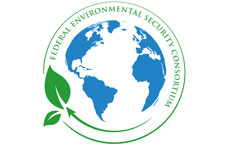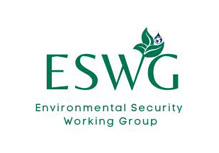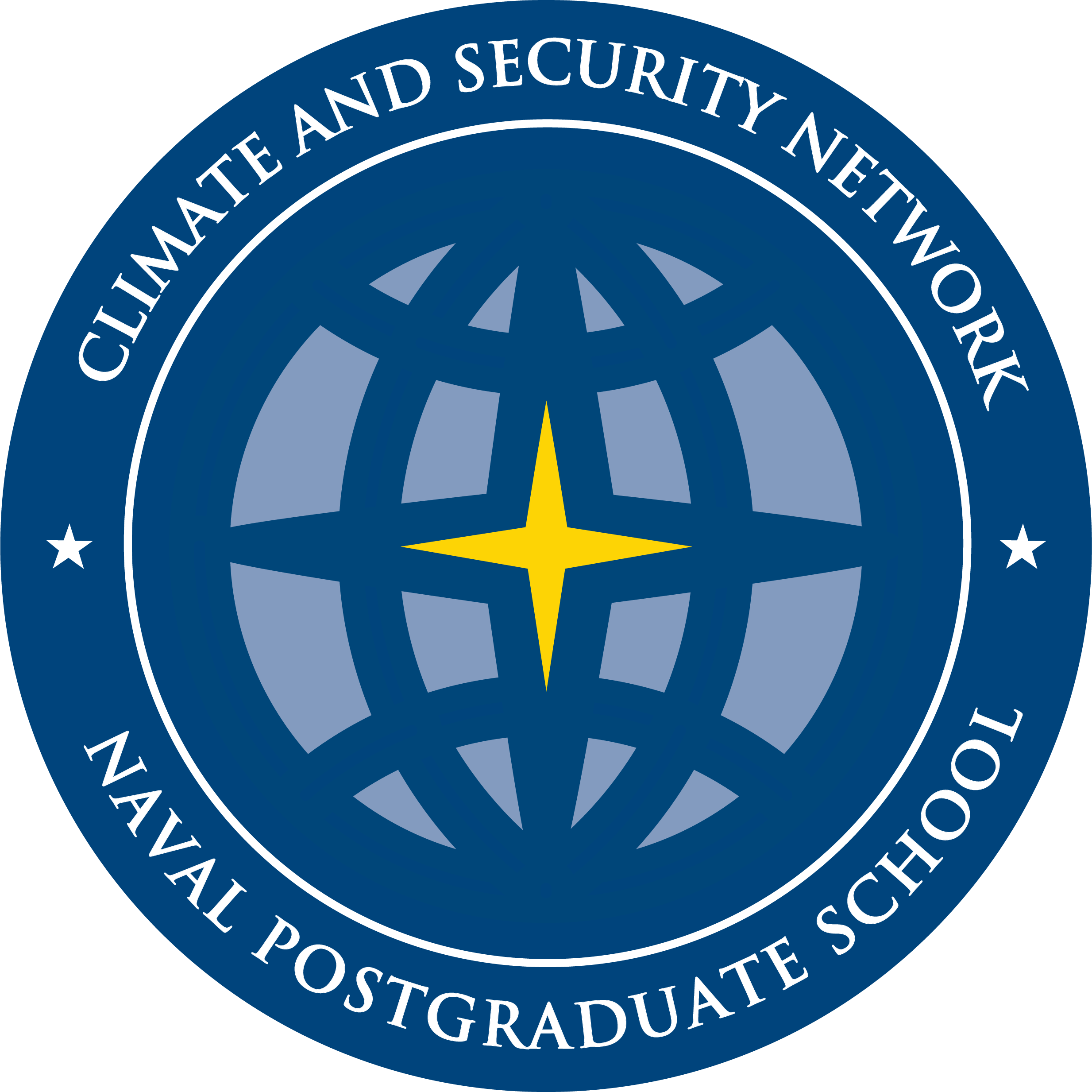Resources - Climate and Security
Resources

NPS
- Regional Arctic System Model Sea Ice Prediction (Dept of Oceanography)
- CSN COP26 Resources (2021)
- EAG Intern Report: Environmental Security: Toward a Framework for Naval Bases (2021)
- EAG Intern Report: Arctic Policy: Learning from Current Arctic Strategies (2020)
External
Executive Actions
- White House Action Plan on Global Water Security (June 2022)
- White House: Drought Resilience Interagency Working Group 1-Year Summary Report (June 2022)
- Memorandum on Presidential Determination Pursuant to Section 303 of the Defense Production Act of 1950, as amended, on Electric Heat Pumps (June 2022)
- Executive Order on Strengthening the Nation's Forests, Communities and Local Economies (22 April 2022)
- Executive Order on Ensuring Responsible Development of Digital Assets (9 March 2022)
- Executive Order on Catalyzing Clean Energy Industries and Jobs Through Federal Sustainability (8 December 2021)
- Executive Order on Climate-Related Financial Risk (20 May 2021)
- White House Leaders Summit on Climate
- Executive Order on Rebuilding and Enhancing Programs to Resettle Refugees and Planning for the Impact of Climate Change on Migration (4 Februrary 2021)
- Executive Order on Tackling the Climate Crisis at Home and Abroad (27 January 2021)
- Executive Order on Protecting Public Health and the Environment and Restoring Science to Tackle the Climate Crisis (20 January 2021)
Reports
- DOD Climate Adaptation Plan 2022 Progress Report (October 2022)
- Evaluation of the Department of Defense’s Efforts to Address the Climate Resilience of U.S. Military Installations in the Arctic and Sub-Arctic (April 2022)
- Federal Agency Climate Adaptation Plans (2021)
- Interim National Security Strategic Guidance (2021)
-
Report on Effects of a Changing Climate to the Department of Defense (2019)
Climate Policy Documents
- Fifth National Climate Assessment (Nov 2023)
- Navy Chief Sustainability Officer Serial Five: Shore Energy Goals (October 2023)
- Air Force Climate Campaign Plan (July 2023)
- Navy Chief Sustainability Officer Serial Four: Sustainable Acquisition and Procurement (June 2023)
- Navy Chief Sustainability Officer Serial Three: Nature-Based Resilience (April 2023)
- Navy Chief Sustainability Officer Serial Two: Water Security (March 2023)
- Navy Chief Sustainability Officer Serial One: Infrastructure (January 2023)
- Air Force Climate Action Plan (October 2022)
- Army Climate Strategy Implementation Plan (October 2022)
- Navy Climate Strategy (May 2022)
- Biden-Harris Administration Creates Cost-Saving Clean Energy Opportunities to Combat Climate Crisis (April 2022)
- Green Shipping Corridors (April 2022)
- OMB Paper - Climate Risk Exposure: An Assessment of the Federal Government’s Financial Risks to Climate Change (April 2022)
- White House Blog - Quantifying Risks to the Federal Budget from Climate Change (April 2022)
- US Army Climate Strategy (February 2022)
- America’s Strategy to Secure the Supply Chain for a Robust Clean Energy Transition (2022)
- U.S. Climate Change Policy (2021)
- Defense Climate Risk Analysis (October 2021)
- National Intelligence Estimate on Climate Change and National Security (October 2021)
- DHS Strategic Framework for Addressing Climate Change (October 2021)
- Report on the Impact of Climate Change on Migration (October 2021)
- DoD Climate Adaptation Plan (September 2021)
- SECNAV Strategic Guidance (2021)
- Brussels Summit Communique, NATO (June 2021)
- DoD Climate Assessment Tool (April 2021)
- Statement by Secretary of Defense Lloyd J. Austin III on Tackling the Climate Crisis at Home and Abroad (27 January 2021)
- US Army Climate Resilience Handbook (2020)
- NAVFAC Climate Change Installation Adaptation and Resilience Planning Handbook (2017)
Arctic Strategies
- National Strategy for the Arctic Region (October 2022)
- Army: Regaining Arctic Dominance (2021)
- Navy: Strategic Blueprint for the Arctic (2021)
- Air Force: Arctic Strategy (2020)
- DoD Arctic Strategy (2019)
USG Resources
- 2022 U.S. Global Water Strategy (October 2022)
- USAID Climate Strategy 2022 - 2030 (May 2022)
- Deputy Secretary of Defense Dr. Kathleen Hicks Remarks on Climate Security (24 May 2021)
- DOD Climate Website: Tackling the Climate Crisis
- Naval War College Climate Change Library
- US Global Change Research Program
- NOAA’s Arctic Report Card
External Resources
- Center for Climate and Security
- Sabin Center for Climate Change Law
- Intergovernmental Panel on Climate Change (IPCC)
- International Military Council on Climate and Security
Professional Networks
 |
The Federal Environmental Security Consortium (FESC) is a collaboration of in agencies, partner organizations, interagency groups and communities of interest that focus on environmental security issues. It serves as a forum for agencies and partner organizations to leverage the resources and networks across the environmental security spectrum in the hopes of maximizing information sharing and environmental security awareness across the whole of government. The FESC holds quarterly Roundtable meetings to allow members to provide updates and learn about other entities. Governmental entities are invited to join as Members or as Partners. FESC members are connected to the FESC portal on Pix. The CSN is a member of the FESC and Kristen Fletcher is the CSN representative on the FESC Executive Committee. Contact kristen.fletcher@nps.edu for more information. |
 |
RECESS - Resource Competition, Environmental Security, and Stability. Bringing together more than 100 civilians and military officers from Office of the Secretary of Defense, the Military Services, the Joint Staff, the Combatant Commands, and other DoD Components, RECESS informs policy and strategy, breaks down silos, coordinates messaging, and promotes cooperation on environmental security and stability across DoD. RECESS also serves as a bridge to the Intelligence Community and key stakeholders in other U.S. Government departments and agencies, academia, think tanks, non-governmental organizations, and international organizations. Bringing together the talent, diverse perspectives, and knowledge of these communities can help to ensure that DoD has the necessary information, context, and insights to prepare for the growing security risks of global environmental change and instability. For more information, contact kristen.fletcher@nps.edu. |
 |
The Environmental Security Working Group (ESWG) is a grassroots organization and network operating under the sponsorship of the U.S. Civil Applications Committee that promotes the provision, collaboration, and coordination of environmental security-related intelligence and information between the intelligence, government, and academic communities. ESWG Membership is limited to authorized government, military, and contractor personnel. Join the ESWG Pix Portal to learn more or email NCACESWGLeadership@usgs.gov. |

